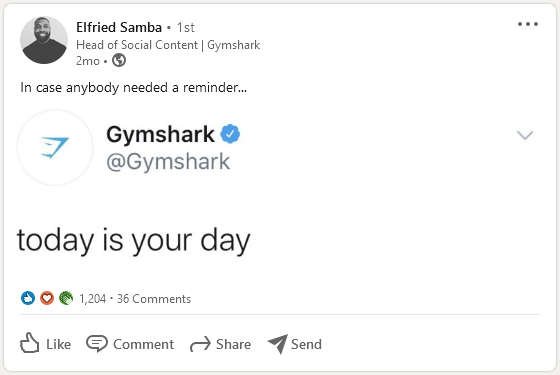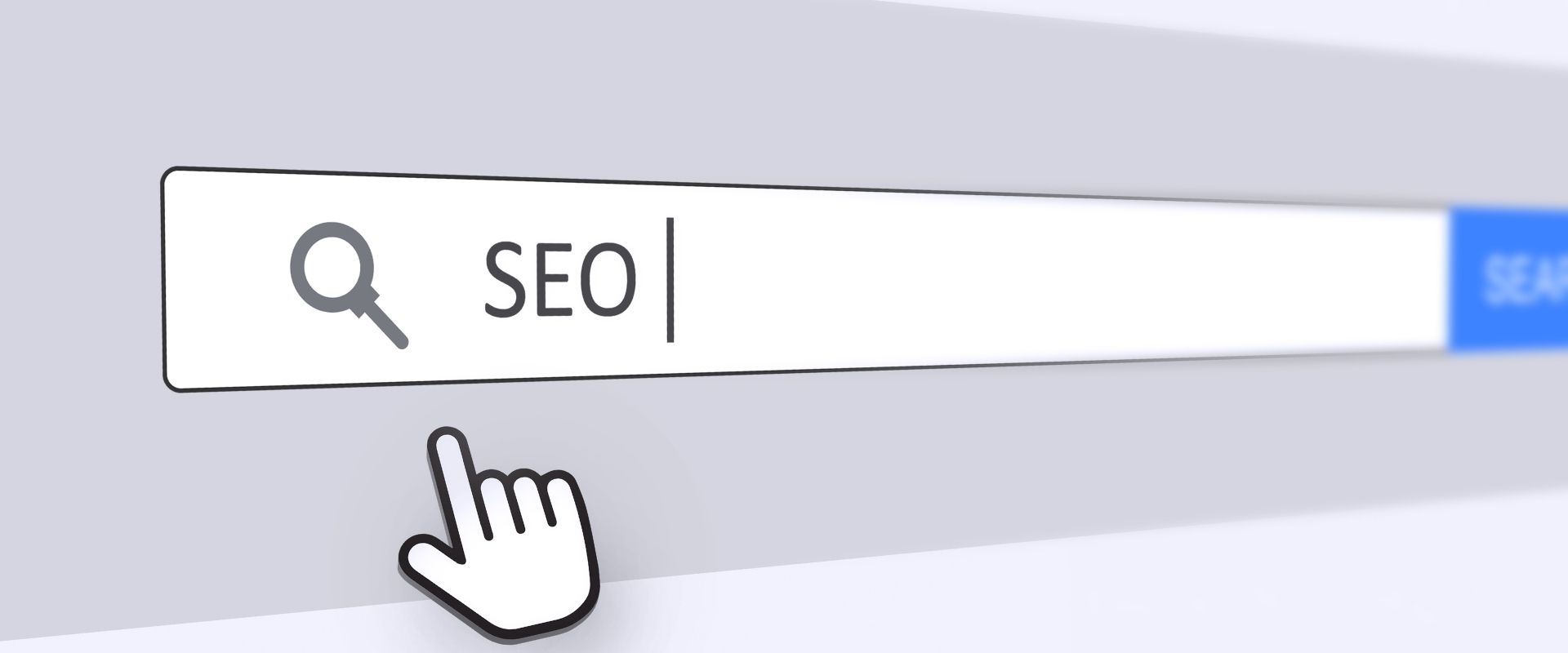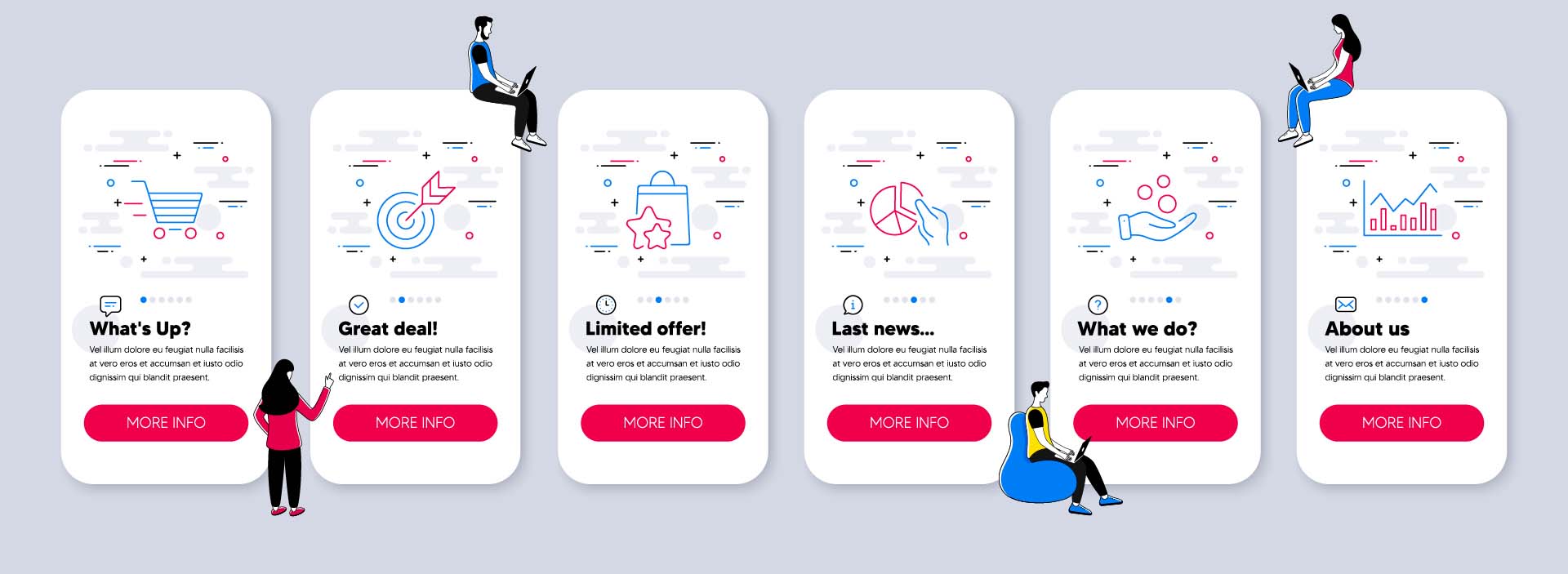The World Wide Web has produced a brand new breed of buyers. 21st-century buyers are experienced, independent and well informed. But they are more overwhelmed with competing demands for both time and attention than they were ever before in history.
So how do you make sure that these buyers choose you?
The internet is a big place, there is a lot of competition for all markets out there and there are a lot of different ways to interact with consumers, so this question is key to many businesses’ success.
It can be nerve-wracking to invest more and more time into advertising and digital marketing and not knowing if your efforts will ever really earn a return for your business. Will you be able to get your content in front of those particular internet surfers, maybe a few out of millions, who want to do business with you?
If you take one thing away from this article it should be this – attracting a target audience is a research process.
Everything you do to build your online presence, SEO, Social Media Marketing, PPC campaigns etc, will all be more powerful when they are driven by user research. And the better you do your research, the greater success you’ll have in both attracting relevant internet users to your website and making sure that your target visitors are satisfied with what they find once they get to your site.
In this guide, we will help you to answer the key question: How do I attract targeted visitors to my website?
We’ll break it down into 3 sections for each of the three keywords. Attracting. Targeted. Audience.
- Identify your target market
- How do you find your target market?
- What is your target market seeking in a product or service?
- Where do they find their information?
- Target your market
- How does your target market search?
- What platforms do they use?
- Who are your main competitors?
- Attract website visitors
- Web statistics
- Content
- Experience
Identify Target Audience
If your business relies on converting visitors to your website into paying customers, then it is very important that the people that you attract to your website, are the ones who want to do business with you. (Or might want to in the future.)
For example, if you own an accounting firm, you want to attract visitors to your website that are looking for accountancy service providers. Having ten visitors like that can be much more valuable than attracting, for example, 50 accountancy students to your website. These visitors may be interested in the topic of accounting but have no real interest in employing your service.
This is why it is so important to identify and define who your target audience is. Not just people interested in accounting – but people that want to avail of a local accounting service. There’s a big difference there.
Once you have identified the specific audience you want to attract then you can buckle down and figure out what makes them tick and how you can catch their attention.
Mind you within your target market you may have multiple target audiences. Let’s discuss that a bit more.
Your target market is the group of people that you aim to convert into customers. Your target audience, however, is the demographic within your target market that you are hoping to target with a particular marketing campaign.
For example, a high-end hair salons’ target market may be local working adults with a mid to high income. Within that, they may split their marketing campaigns into female and male-focused. They might have separate Instagram accounts for men and women to target these audiences individually.
Both are in the hair salon’s target market, but here we see that there are different audiences within the target market that can be targeted individually.
How do you find your target audience?
Focusing your efforts on a particular group of people like this can reap higher profits and a better return on investment. A targeted approach means you can minimise the amount of your budget spent on people not interested in your organisation.
So how do you find who your target audiences are? Research, research, research.
Your target audience could be a specific country or a group of countries, a set of buyers sharing common interests, a group in the same demographic, a specific customer or type of customer with special needs, a certain age group of people, etc.
Who your target audience is will define your marketing strategy, how your spend your advertising budget and what type of content you produce.
To find out who your target audience is, you need to start with market research. Here are some places to start:
- Gather the information you already have about your customer demographics using analytics. Find out who is visiting your page, how they got there, what content they engage with, what they spend their money on and how much money they spend. For this you can use Google Analytics, Facebook Insights etc. If you still haven’t set-up your GA check out our Google Analytics for Beginners article.
- Create a Buyer Persona – using the info you gather, create the personas that represent the key demographics in your target market.
- Collect an annual customer survey.
What is your target market seeking in a product or service?
So now, you have defined your target audiences, you know who they are.
What now, you ask? Well, more research!
We need to find out what drives them, what are their likes and dislikes, and desires and motivations and more. Gathering this understanding will allow you to connect with them and attract them more easily and more personally.
Figure out why they want your product or service and the emotions and motivations behind that choice.
Where do they find their information?
Know what content is engaging your target audience and build an understanding of what they’re interested in from this.
Major industry websites often dictate trends in every sector of society, and your business is no exception. So, know who the big players in your industry are. Listen to your target market and be ready to adapt to their requirements.
How do you target them?
Once you understand who they are and what makes them tick, you now need to use this information to make sure your content gets seen by your target audience.
You need to formulate a marketing strategy that will target them specifically. By doing this you can ensure that none of your spend is wasted on people who don’t want to buy what you’re selling. How can you do this?
- Keyword Targeted Content
- Search Engine Optimisation
- Social Media Management
- Branding
These techniques will get you in front of your target audience.
How does your target market search?
What search phrases might your target market type into search engines to find you?
Understand how your target audience searches. What do they type into that search bar when they want to find content surrounding your topic? The words and phrases that they use are called Keywords.
Keywords connect content that used those words to the search results that will appear for the searcher.
So, if you want to appear in their search results, you need to be creating content that focuses on the topics that your audiences are looking for on Google. It makes sense, right?
Keywords can be used to maximise your performance with:
- SEO
- PPC campaigns
- Social Media Marketing
Note: SEO techniques will optimise your website and content to make sure that search engines promote your content for relevant keywords. You can learn more about how to implement these techniques with our SEO Starter Guide.
What platforms do they use?
One of the most important factors in effective targeting is understanding the platforms that your audience use and how they like to engage on them. Make sure that you are active and therefore, visible, on these platforms.
Every online platform is unique and as an organisation you should adapt your content to suit the environment. However, sometimes running the same message across all platforms can be a good idea.

How do your competitors target your audience?
Having a keen insight into the market playing field is key to staying competitive.
The biggest brands that you compete with will often have a large budget to invest in market research, so they know how to target and engage your consumers. It’s important to keep an eye on these trends. Yes, it can be disheartening going up against the big-name brands, but you can stay competitive by providing your audience with a fresh and unique take on content.
Don’t fight the big brands at their own game but develop an angle that is true to your business, sets you apart and will connect with your target audiences. They will be attracted to your authenticity.
So be strategic about going up against the competition. Take keywords for an example.
The most popular keywords return thousands of results. Top rankers for those search terms are market leaders. Sad but true, those companies have both the money to spend and the know-how to make sure they outrank you.
So here, small businesses shouldn’t try to outrank industry leaders but should try to find another keyword or keyword variation that is relevant for their audiences but isn’t heavily fought for in the SERPs, and then work to become the go-to on that topic with high-quality engaging content.
Attract website visitors
Now that we’ve targeted your audience, i.e. got your content in front of your target market, we need to make sure that they follow through to your website. We need to attract and engage them.
To attract them we need to know what motivates your target market.
At the heart of your online business is one main goal – to motivate your customers to respond in the way you want them to.
If this task is not accomplished, it does not matter how unique your brand or marketing mix is. You want your customers to see your marketing asset (blog, ad, social media post, SERP result, etc) and then take action. How do you make them take action?
Use your web statistics
Both current and historical web statistics of your site are a good starting point for determining what your user wants.
Knowing your target audience will help you to communicate your value proposition in a way that speaks to them.
Learn more on how you can use Google Analytics to provide metrics and statistics.
Provide an authentic user experience
So, we know that It is crucial for the success of any marketing campaign to know as much as possible about the target audience.
The more you know about…
- Their buying patterns
- Expressed preferences
- Possible influencers that trigger buying in them
- Reactions to advertising and marketing
… the better.
But once you’ve gathered this info, you have to leverage it to attract those visitors.
Incorporate what you know about your visitors’ behaviour to strategically improve every touchpoint in your users’ experience with your company.
Basing your online efforts in user behaviour data will allow you to connect with visitors on a new level and optimise your conversion rates.
Building a trustworthy and relevant online presence is key to providing an authentic experience.
This means having consistent branding at all touchpoints, creating lifestyle affinity with social media, showing your subject authority by posting regular, high quality content, and critically, having a high functioning website that will combine the branding aspects of user experience with a seamless technical experience.
That means optimising elements of your website with tools such as:
- Page Speed Optimisation
- Technical SEO
- Information Architecture
- Website Maintenance
Provide the Content they Want
Good content is key to engaging your target audience.
We spend so much time on the internet that we have been accustomed to filtering out a lot of what we see, we’re pros at scrolling and scrolling without seeing much. This makes it vital to the health of your website to produce content that you know will catch the attention of your target audience and stop them from scrolling on past.
So how do you create good content?
- Tailor your content to your audience. Depending on the demographics of your target market, you may be dealing with multiple audiences. In terms of social media alone, the older members of your market may use Facebook whereas maybe the younger users are more likely to be found on Twitter. Understand where each audience is most likely to come across your content and what type of content they will engage with their.
- Adapt your style of communication for each audience but always keep your branding strong. Just like as people, we don’t speak to our colleagues the way we speak to our friends, but we always remain the same person, as a business you should adapt your style of communication to suit your audience but keep your branding consistent.
- Bring it all together on your website. Your branding should shine through on your website, as it is your business’ online home. No matter what content lead your visitors to your website, your voice should be recognisable to everyone.
Answering the questions in this guide will help you understand your ultimate goal in a clear way and, most importantly, you will be in a much better position to optimize your site.
Incorporating research and data into your decision-making process will help you to attract targeted visitors, building you a lasting online presence and maximising your online success.
If you would like to learn more, get in contact with us for a site audit or a quick chat!




















